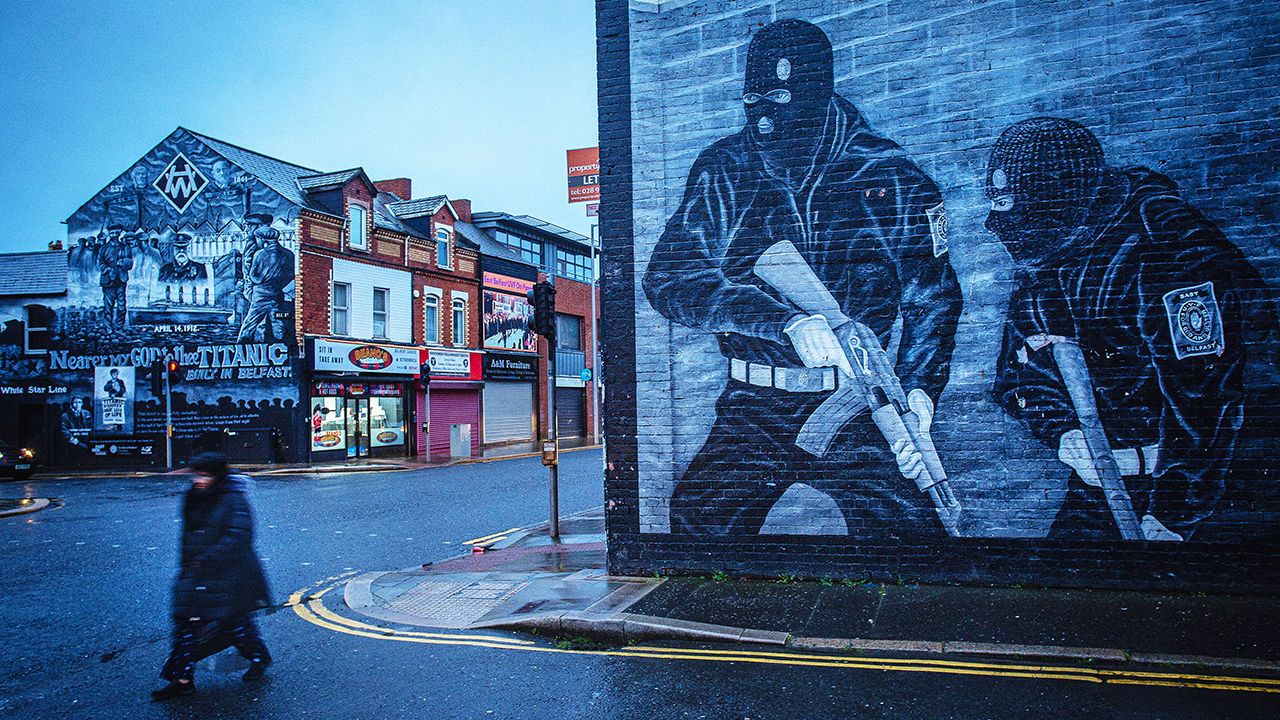- by
- 01 30, 2025
-

-
-
Loading

Loading


More thanIRA 3,500 people were killed in Northern Ireland during the 30 years of violence known as . Although those killings stopped 26 years ago, the conflict has never truly ended. The 1998 Good Friday Agreement saw (pro-British) unionists accept that the political representatives of the Irish Republican Army (), the largest terrorist group, would enter government. Nationalists accepted that Northern Ireland would remain British unless a majority of its inhabitants voted for their cause of a united Ireland.These political compromises have largely worked, but they came at the expense of victims. All paramilitary prisoners were released from jail, for example; anyone subsequently convicted would serve no more than two years in prison. Some thought that the passage of time would smooth these injustices away: as victims and their relatives died, the problem would fade. It has not. A sense of injustice does not die with an individual; families took up their cases through the civil courts or in media campaigns. Constant anniversaries of atrocities mean that the past is always present. Prosecutions of British army veterans have still been happening. The moral questions raised by the Troubles are powerfully alive.